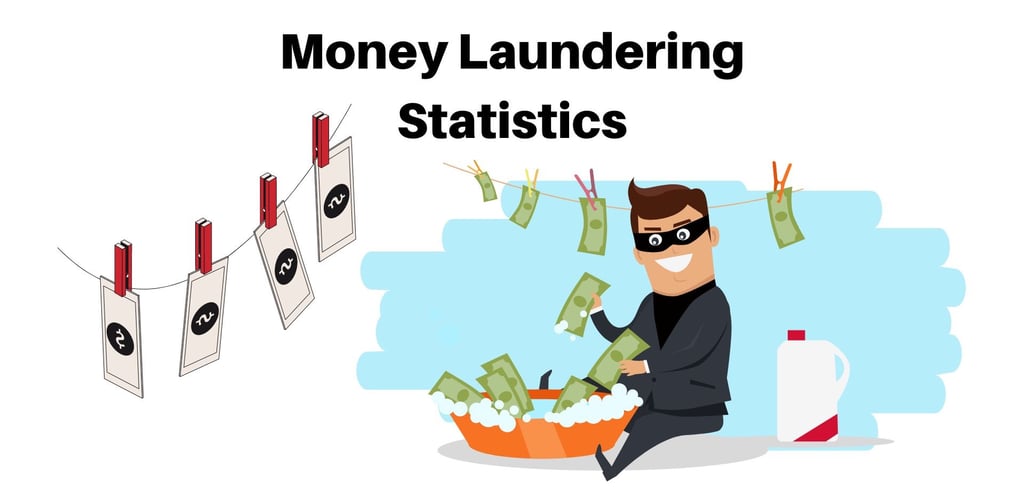Understanding Money Laundering in India: Causes, Effects, and Countermeasures
M.S. Husain, Advocate
3/5/20242 min read


Introduction:
Money laundering is a global issue that poses a significant threat to the financial systems of countries worldwide. India, being a rapidly growing economy, is not immune to this menace. Money laundering involves the process of disguising the origins of illegally obtained money, typically by means of transfers involving foreign banks or legitimate businesses. In India, the Prevention of Money Laundering Act (PMLA) was enacted in 2002 to combat this illicit practice and protect the integrity of the country's financial system.
Causes of Money Laundering in India:
1. Corruption: Corruption is a pervasive issue in India, and it facilitates money laundering by providing avenues for individuals to misuse their positions of power for personal gain. Bribes, kickbacks, and embezzlement are common means through which illicit funds enter the financial system.
2. Illegal Trade and Smuggling: India's vast and diverse geography, coupled with its porous borders, makes it susceptible to illegal trade and smuggling. Criminal organizations exploit these loopholes to move funds across borders, often engaging in activities like drug trafficking, arms smuggling, and wildlife trade.
3. Tax Evasion: High tax rates and complex tax structures create incentives for individuals and businesses to evade taxes. Money launderers often use shell companies and offshore accounts to hide their income and assets, making it difficult for authorities to trace the illicit funds.
4. Real Estate Transactions: The real estate sector is a popular avenue for money laundering in India. The lack of stringent regulations and oversight in property transactions allows criminals to invest their illicit gains in real estate, thereby legitimizing the funds.
Effects of Money Laundering in India:
1. Economic Impact: Money laundering undermines the stability and integrity of the financial system, leading to economic distortions. The injection of illicit funds can artificially inflate asset prices, contributing to economic imbalances.
2. Weakened Financial Institutions: Money laundering weakens the credibility of financial institutions, eroding public trust. This, in turn, can deter foreign investment and hinder the overall growth of the economy.
3. Social Consequences: Money laundering often supports criminal activities such as terrorism, human trafficking, and drug trade, leading to a rise in social issues. This, in turn, poses a threat to national security and public safety.
Countermeasures Against Money Laundering in India:
1. Regulatory Frameworks: Strengthening and updating regulatory frameworks, such as the PMLA, is crucial. Regular amendments and enhancements to legislation can help close loopholes and keep pace with evolving money laundering techniques.
2. International Cooperation: Collaborating with international organizations and sharing information with other countries can aid in tracking and preventing cross-border money laundering activities. India must actively participate in global efforts to combat financial crimes.
3. Technological Solutions: The implementation of advanced technological solutions, such as blockchain and artificial intelligence, can enhance the monitoring and detection capabilities of financial institutions. These technologies can help identify suspicious transactions and patterns in real-time.
4. Public Awareness and Education: Creating awareness among the public about the consequences of money laundering is essential. Educational programs can empower individuals to recognize and report suspicious financial activities, fostering a collective effort against illicit practices.
Conclusion:
Money laundering poses a multifaceted threat to India's economic and social fabric. Addressing this issue requires a comprehensive approach that involves stringent regulations, international cooperation, technological innovations, and public awareness. By implementing effective countermeasures, India can safeguard its financial system and contribute to the global fight against money laundering.
